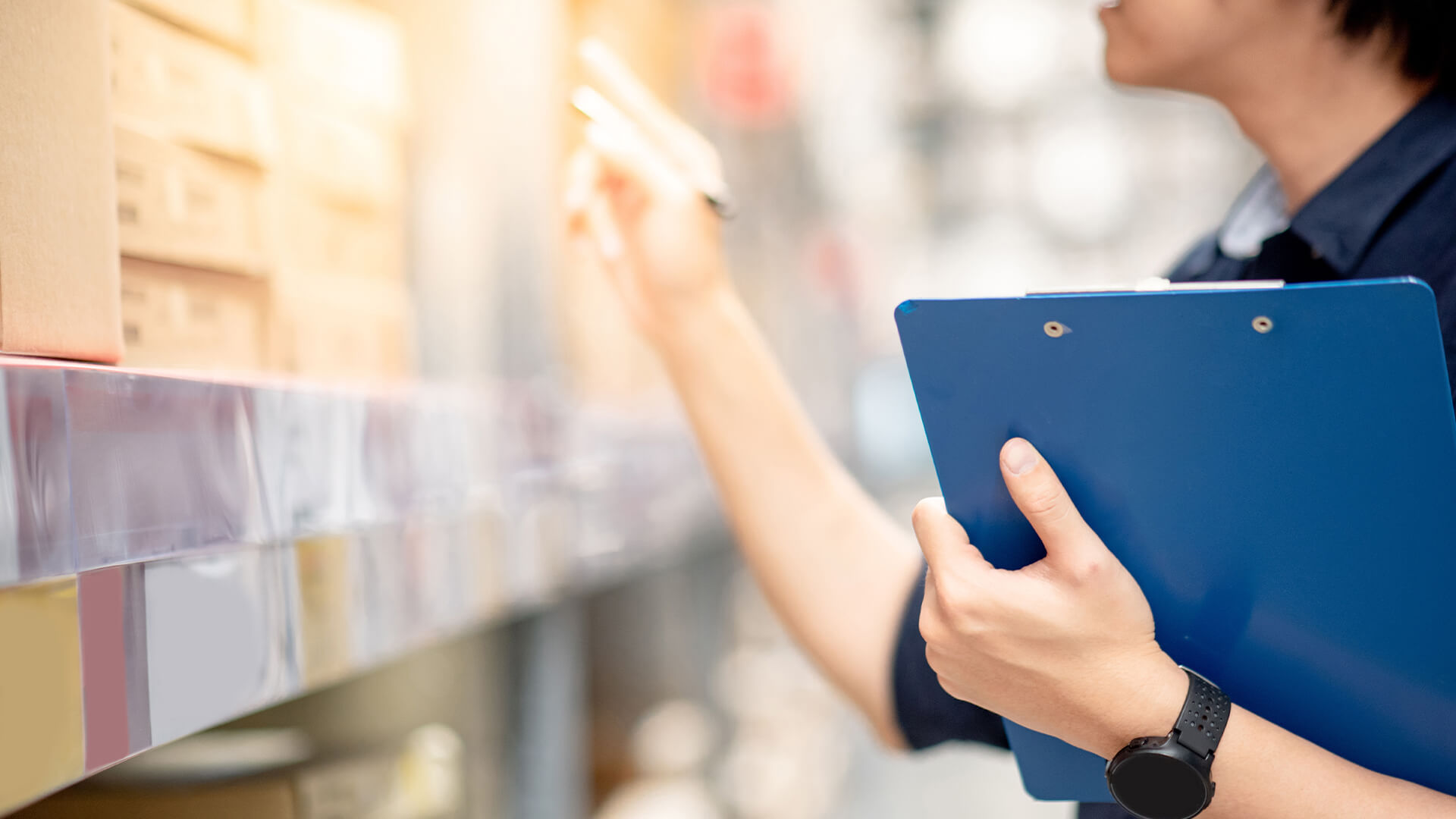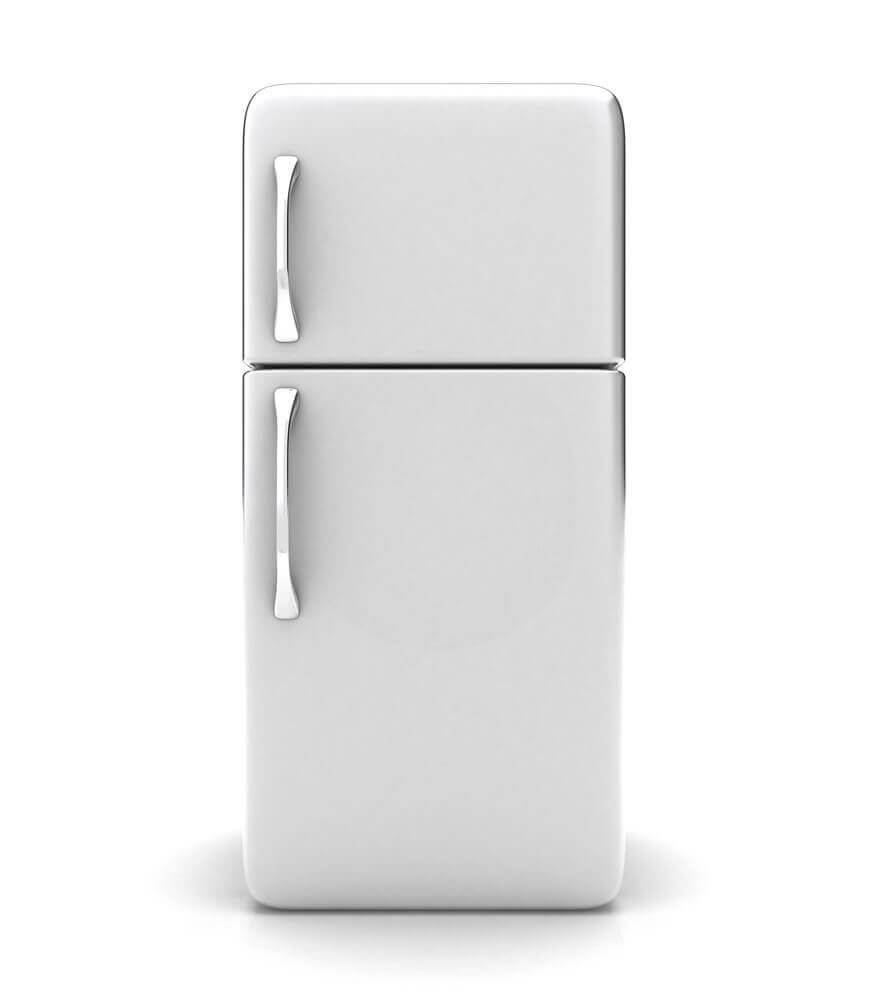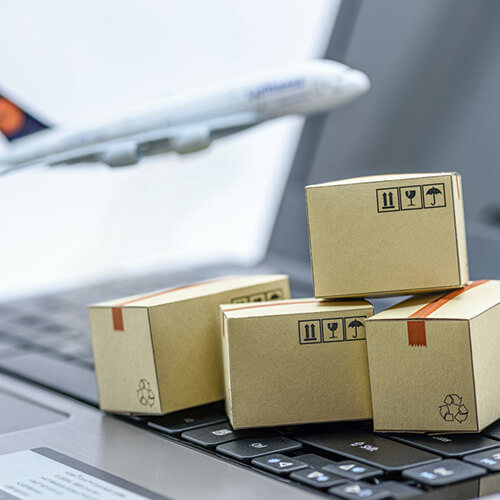
Natural disasters like tornadoes, hurricanes, floods, and fires can wreak havoc on businesses and product supply chains. It’s difficult to predict when these catastrophic events will occur. Yet it’s still possible to safeguard your business and its inventory against them to a degree. The key is to reposition your inventory in a way that allows you to respond rapidly and efficiently when natural disasters strike.
Inventory that’s been properly repositioned can help disaster-stricken businesses and their communities in many ways. It can provide third-party responders with valuable support when they assist community members in need. A well-positioned inventory can readily supply front-line responders with healthcare supplies, clothing, food, water, and other essential aid when it’s needed the most.
Read on as we discuss how to reposition your business’s inventory in a way that improves your ability to respond to natural disasters.
Natural Disaster Rates on the Rise
The climate crisis and the advent of global warming are placing an increased strain on our planet. This strain has led to a rise in the incidence of natural disasters, which will continue to become more frequent in the future. A report by the International Federation of Red Cross and Red Crescent Societies (IFRC) highlights the facts that global warming is not directly causing natural disasters. But it’s increasing their frequency and severity.
The report shows an undeniable increase in the incidence of natural disasters since the 1960s. It notes that the percentage of disasters linked to climate change rose from 76% in 2000 to 83% by the 2010s. The IFRC is urging businesses, communities, and societies to get their priorities straight. And to use forecast science to respond quickly to disasters and effectively localize their approaches to address these trends.
Yusen Ye et al. from the National Natural Science Foundation of China have noted that efficient management of disaster relief inventory is essential to responding effectively to sudden-onset natural disasters.
Another survey conducted by the Institute for Supply Management focused on 600 businesses during the COVID-19 pandemic. The survey found that three-quarters of the businesses in question experienced operational disruptions due to the outbreak. 31% of respondents noted they were dealing with the disruptions by turning down or delaying orders.
Penn State associate professor of business logistics Dr. B. Novack says that natural disasters have localized, temporary effects on business supply chains. Global occurrences like pandemics have more widespread effects than localized disasters such as tornadoes and floods, and they lead to increased demand for necessary suppliers, which strains suppliers of these products. Repositioning inventory enables businesses to better respond to natural disasters and meet the demand for essential goods during times of crisis.
The Importance of Preparation
Considering the numerous studies confirming that natural disasters will become more commonplace in the future, businesses shouldn’t get surprised by their occurrence. Instead, they should ensure that they’re as well-prepared as possible to act quickly when they do take place.
Your preparation process should prompt you to consider as many potential risk factors as possible, and to alert logistics to reposition inventory potentially affected by a wide range of disasters. Businesses in the manufacturing industry may need to move their entire supply chains to avoid losing valuable inventory. You can plan ahead for disasters using a business plan or crisis plan template that details your individual procedures and needs.
It’s not possible to relocate entire warehouses or manufacturing plants. But you can store many of the assets stored within these facilities elsewhere, even if only temporarily. Retail giants like Target and Walmart adopt this approach when their stores are at risk of natural disasters affecting them. Once they have predicted the severity of the hit, a store will take, the brands will reposition their inventory. To do this, they’ll move essential products to safer locations until such time that retrieval is safe.
These locations also provide easy access for first responders and communities struck by storms, tornadoes, and other catastrophic events. Other businesses may increase their inventory of emergency stock like batteries, flashlights, medical kits, tools and rain gear ahead of a disaster. This lowers their risk of running out of essential items during times of need.
What the Research Says
Research from Penn State Smeal College of Business suggests that your business can improve its inventory allocation by repositioning products that are already deployed. You can reduce your disaster response costs by up to one-fifth by improving how your business coordinates and stores stockpiled inventory. You can then use these savings to purchase additional supplies without affecting your budget.
The Penn State team came to these conclusions after studying the systems that NGOs and government organizations use to manage their own disaster inventory on a global scale. Their research led them to use data-based optimization procedures to develop a new set of metrics. These metrics allow businesses and humanitarian organizations to assess the quality of their warehouse inventory allocation.
Adopting this approach allows organizations to make more informed inventory repositioning decisions and implement better disaster preparedness training protocols.
Prioritizing Disaster Relief
When repositioning your inventory to respond to natural disasters, experts recommend focusing on positioning items that will be in high demand at times of crisis. Tinned food, non-perishables, sanitary and medical equipment, and building supplies are all prime examples. These essential items are then in places that make it easy and cost-effective to meet community demands.
During the earlier months of the COVID-19 pandemic, people flocked to local stores to panic-buy large quantities of sanitizer, toilet paper, and face masks. The demand for these items boomed, and businesses that were able to supply major retailers rapidly repositioned inventory at the closest storage warehouses in response.
Coordinating Disaster Relief Protocols
Another crucial step in any business’s disaster response plan is to coordinate relief protocols with the nearest secure warehouses not affected by the disaster at hand. You may wish to consider building up inventory to cover potential situations of high demand. Especially if your relief supplies are in warehouses in high-risk areas.
It’s important to estimate how much relief supply a group or community affected by a disaster may need. Your calculations will be based on response time thresholds and available stock volumes. Once you’ve identified how much relief supply is required, you can begin to draw up an inventory repositioning response plan. This plan must protect your company’s assets and allow you to support affected survivors as well.
The Takeaway
Natural disasters are a fact of life, and it pays to prepare for them. Especially if you operate a brick and mortar business that supplies essential goods.
Strategically repositioning your inventory will allow you to respond to natural disasters quickly by anticipating the needs of affected groups, protecting your stock from damage, and offering valuable aid to those in need.





















